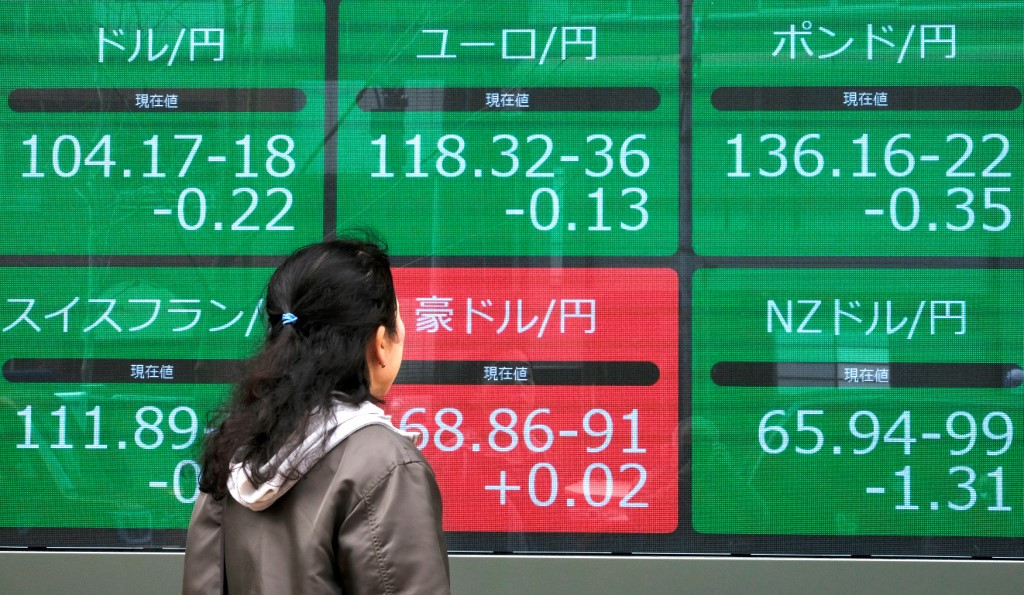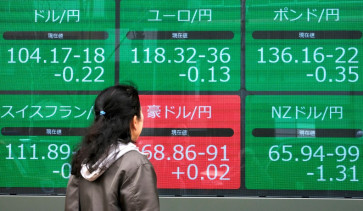Popular Reads
Top Results
Can't find what you're looking for?
View all search resultsPopular Reads
Top Results
Can't find what you're looking for?
View all search resultsIndonesia's future derivatives market
When the onshore derivatives market becomes more lucrative, market participants will more actively hedge their financial position, thereby developing more efficient risk management and providing space for market expansions.
Change text size
Gift Premium Articles
to Anyone
T
hose who have watched The Big Short, a comedy-drama film about the crash of the United States market in 2008, may be rather skeptical, or frightened by financial derivatives. The movie presented the innovative credit default swaps (CDSs) and collateralized debt obligations (CDOs) that became the seeds of the US financial market turmoil.
The takeaway of the movie was that the haphazardly crafted financial derivatives instruments ended up endangering the whole system. Many scholars have similarly voiced post-2008 crisis precautions about the derivatives market regulations.
The late Prof. Lynn Stout of Cornell University argued that changes to the law had caused the market to crash. Stout identified a series of dynamics that removed legal constraints on speculative trading in over-the-counter (OTC) derivatives. The dynamics hence provided leeway for private actors to privately arrange OTC trading, which then became a catalyst for the capitalism beast of speculation.
The mixed feelings about derivatives are part of an overdue discourse. Derivatives are so lucrative they can engender Keynesian animal-spirited whims of the capitalist wallet, but the 2008 experience highlighted contusion in the derivatives. Despite this, derivatives have still proven useful for hedging (not speculations).
John Finnerty of Fordham University has acknowledged the proper use of derivatives for improving economic efficiency and managing unwanted risk exposure. J.M. Keynes himself recognized that the market could provide benefits to societies that help facilitate investment, despite his seminal warning of “liquidity illusion” (that no such thing as market liquidity for everyone).
For emerging markets like Indonesia, derivatives market development is important. When the onshore derivatives market gets more lucrative, market participants will more actively hedge their financial position, thereby developing more efficient risk management and providing a space for market expansions. The derivatives market bestows liquidity, which opens alternative funding sources. By the same token, the domestic derivatives market could contribute to efficient price discovery.
Some market participants might use derivatives for leverage, sometimes with speculative motives, i.e betting. Along with the market deepening, this indeed requires a more careful approach as not to fabricate a “casino” for derivatives speculators.



















